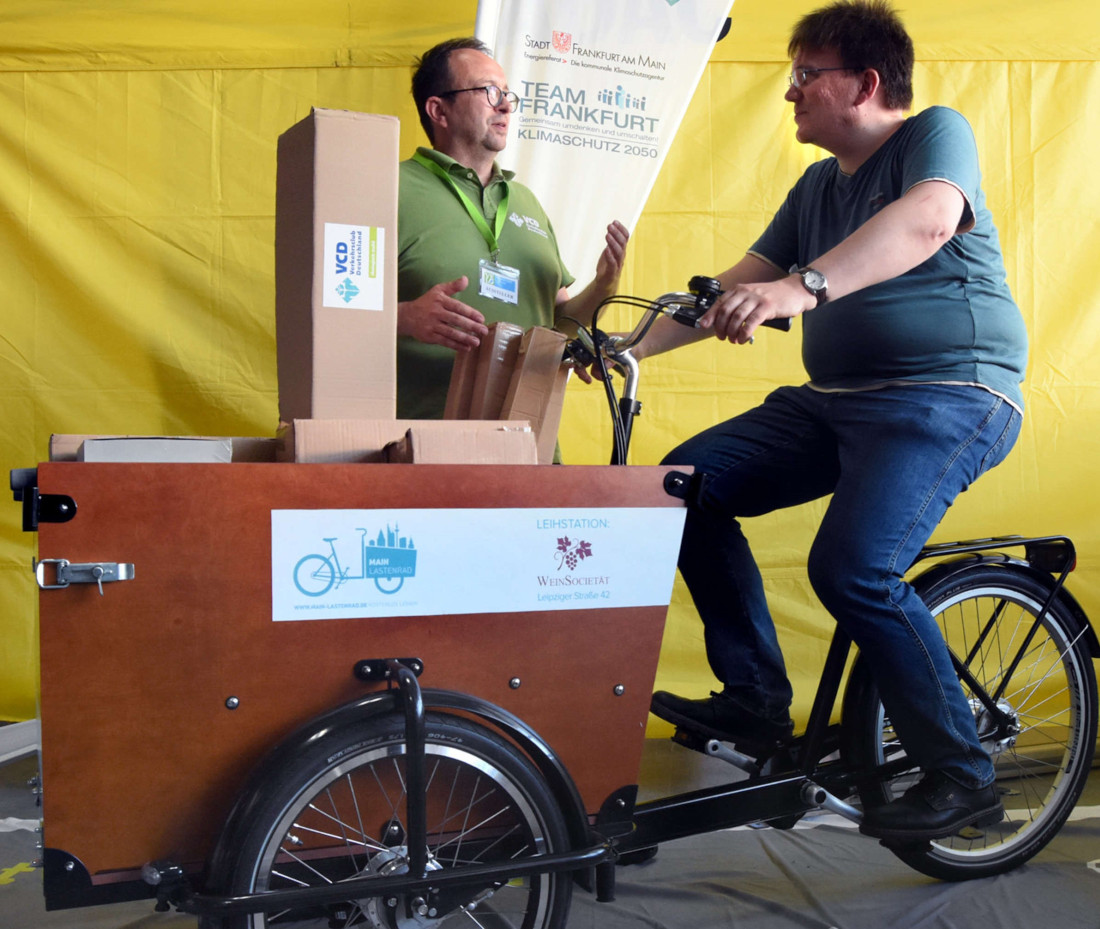
22 Apr Experiences of the project KlimaLogisch
Who hasn’t noticed them yet: the overflowing waste paper containers from which the cartons of delivered parcels spill out. The corona pandemic has caused online trade to skyrocket and parcel delivery companies to reach their limits. The consequences are increased truck traffic and an increase in CO2 emissions. Above all, a drastic increase in last-mile service is noticeable. According to a study by the consulting firm McKinsey, CO2 emissions from delivery traffic will increase by 25 million tonnes by 2030. Making the last mile sustainable is therefore crucial. This approach is also being pursued by the city of Lienz. The Vienna University of Technology and the private mobility research institution FACTUM, together with the city of Lienz, developed a concept for environmentally friendly, socially acceptable, economically efficient and sustainable city logistics in the “Klima Logisch” project funded by the FFG and the BMK.
Obtaining different perspectives
The research team involved a wide range of stakeholders in the development of the concept – citizens of the city of Lienz, local trade, local transport companies, socio-economic businesses, mobility service providers and a representative of the Chamber of Commerce.
The stakeholders agreed on the central cornerstones for a sustainable delivery of parcels on the last mile: a location close to the centre for a microhub with a railway connection, the use of e-transport bikes and e-vehicles, cooperation between CEP service providers on the last mile (white labelling as a buzzword) or the possibility for citizens to pick up parcels themselves around the clock.
The state should be a pioneer
The results of the KlimaLogisch project have already been confirmed in other studies. The need for climate-friendly delivery is obvious. However, developments are still moving in a different direction. Due to the rapidly growing share of parcel services, POST AG is currently building huge distribution centres on greenfield sites. However, the state should take a pioneering role here in order to also be able to achieve the Austrian climate goal – to reduce greenhouse gas emissions by 36% by 2030 compared to 2005. After all, sustainable logistics will play a central role in achieving the climate goal.


